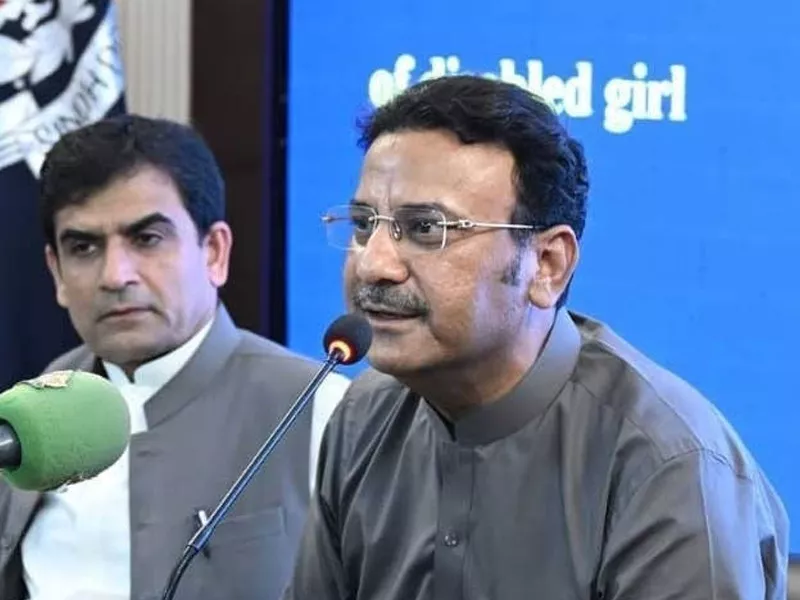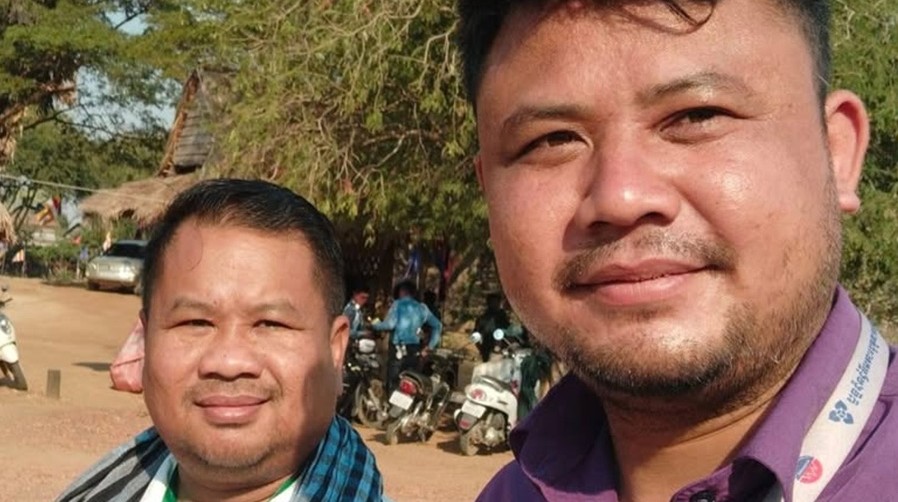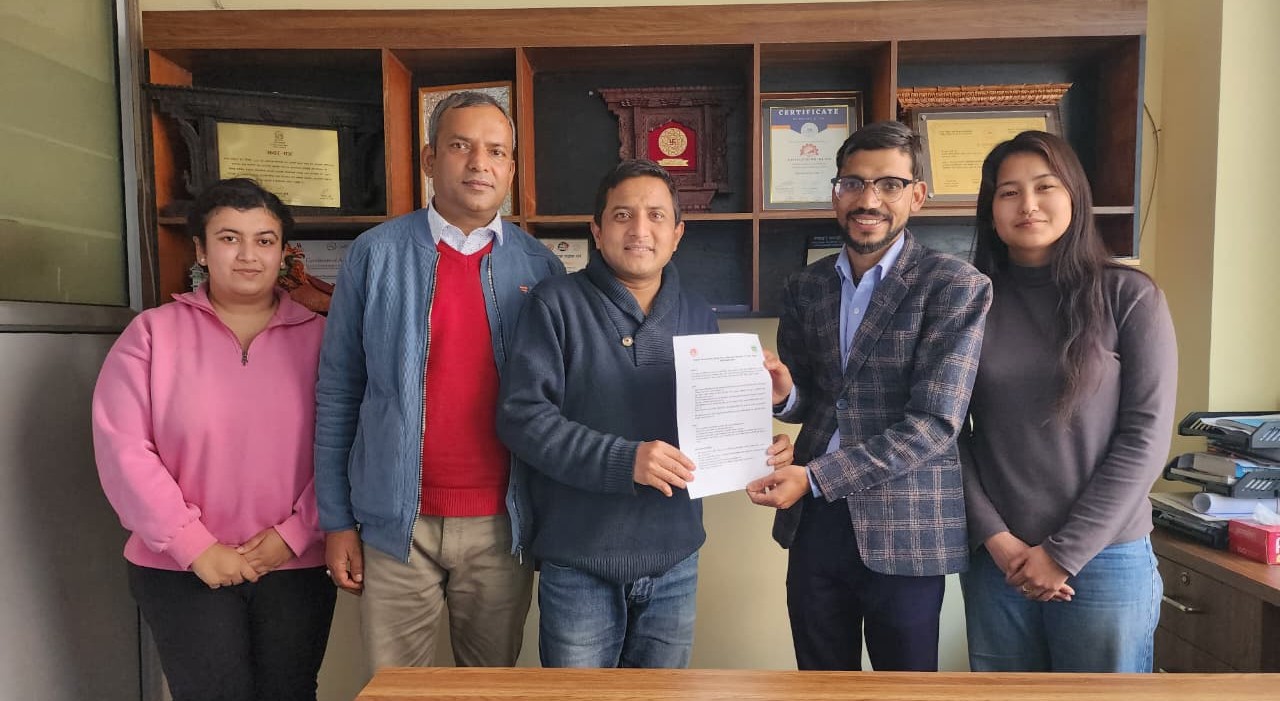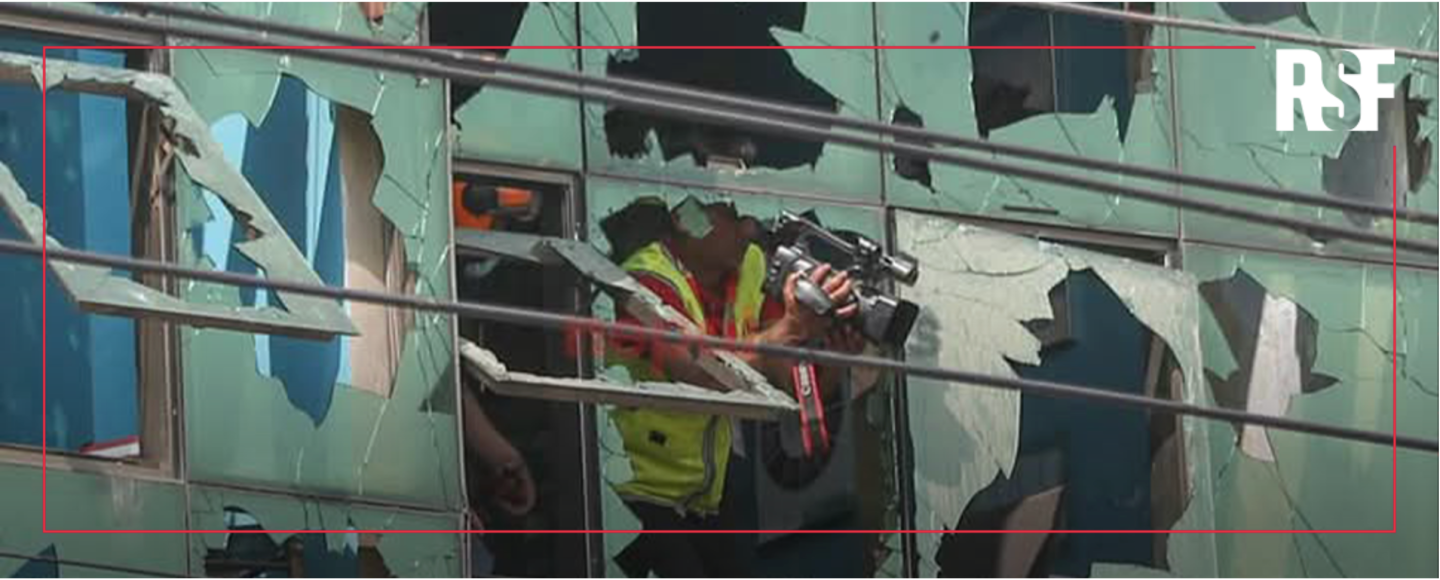
Nepal’s Press Under Siege: Journalists Killed Amid Political Turmoil
May 6, 2025
Veteran Peruvian Journalist Raúl Celis López Assassinated in Iquitos
May 7, 2025May 07, 2025 – India –
Recent developments in the investigations of two journalist killings in Pakistan and India have reignited debates over press freedom, accountability, and justice in South Asia. In Pakistan, a key suspect was killed in a police encounter, while in India, the main accused in another case was arrested by authorities.
In Sukkur, Sindh province of Pakistan, Sikandar Lanjar—identified as the prime suspect in the 2023 murder of journalist Jan Mohammad Mahar—was killed during a police raid. According to police, Lanjar was involved in organized crime and resisted arrest, prompting an exchange of gunfire that led to his death. Authorities claimed his elimination marked a breakthrough in the investigation of Mahar’s murder, which had sparked protests from the journalist community. However, press freedom groups caution that killing suspects without trial prevents full accountability, leaving doubts about who ordered the murder and why. Critics also argue that such actions undermine due process and may shield others connected to the crime.
In contrast, Indian authorities in Chhattisgarh arrested Suresh Chandrakar, the main accused in the murder of journalist Kamal Shukla. Shukla, a vocal critic of local authorities and an advocate for press rights, was fatally attacked in 2021. The Special Investigation Team (SIT) took Chandrakar into custody after renewed pressure to resolve the case. His arrest has been seen as a step forward, though journalist associations continue to demand a full investigation that examines political and institutional involvement in the killing.
Meanwhile, broader concerns remain over the safety of journalists in both countries. Rights groups in Pakistan continue to highlight the culture of impunity surrounding attacks on reporters, citing numerous unresolved cases and a lack of systemic reforms. Similarly, in India, journalists—particularly those working in conflict-prone or rural areas—face growing threats, legal harassment, and physical violence.
These two cases, while progressing in different ways, reflect the persistent risks facing journalists in the region. Advocates stress that true justice goes beyond arrests or shootouts—it requires transparency, institutional accountability, and the political will to protect freedom of the press.
Reference –
https://tribune.com.pk/story/2544456/prime-accused-in-journalists-murder-killed-lanjar

